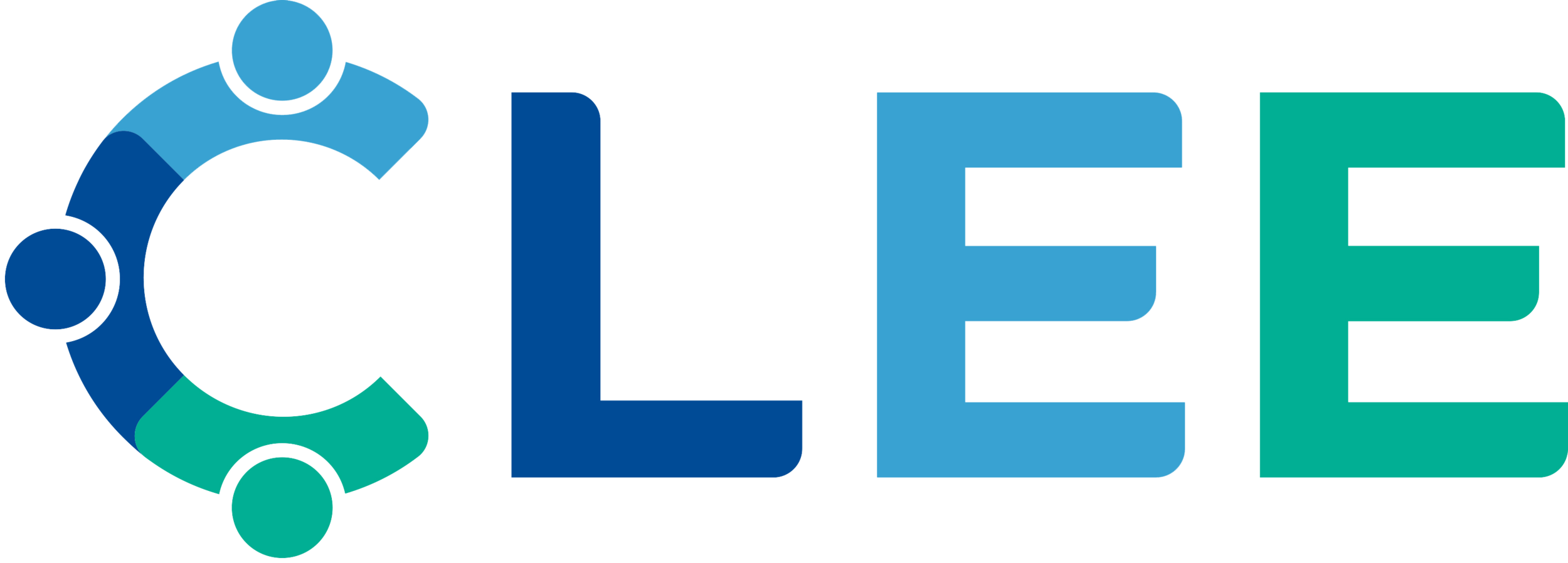Use School Community Data for Improvement
Kevin Cordeiro, CLEE Continuous Improvement Facilitator and Coach
Data can be a powerful tool for setting direction and monitoring progress. One of our most important tools for collecting data is CLEE’s validated Learning Community Survey (LCS). The survey measures the extent to which all the educators and leaders in a school are enacting the six Core Leadership Practices that research has found to increase adult collaboration, student learning and equity. It is similar to the PLC Survey many have used, but further articulated, validated, and aligned to practices that increase educational equity.
East Longmeadow Public Schools in Massachusetts has worked with CLEE for a number of years. We’ve supported them through implementing an Equity Audit, building leadership capacity to improve their MTSS and hiring practices, and now they are engaged in CLEE’s Equity Leader Accelerator Program (ELAP). As a sustained partner, the district has administered the LCS for many years. Hear from Heather Brown, Director of Curriculum, Instruction and Assessment at East Longmeadow, how regularly examining their growth and improvement has impacted the district.
Heather Brown, Director of Curriculum, Instruction and Assessment, East Longmeadow Public Schools
Supporting, Not Blaming. “Data has been seen as a hammer in the past. It has been perceived as something that is used against us rather than supporting us as educators. Our work with CLEE puts data front and center, and makes it serve our needs. We have used it to drive improvements in instruction and set goals. Long term use has helped principals see the power of examining data to drive and measure growth.”
Seeing the Collective Agency of Educators. “LCS Data has led our work to different places and pushed our thinking in how we impact student outcomes we see in student testing data and beyond. It has helped us to understand needs. For example, the responses to the LCS question around holding each other accountable for agreed-upon norms have been low, so we plan to target setting and holding up norms as a practice. It also helped to have the context from CLEE that this is a common challenge in districts.
Act Now, and Plan for the Future. “This takes time. You cannot fix everything in a year, but you push to improve every year. Using Foundations over and over has built this in as a habit. Continued use of protocols has created a base for practice and buy-in for their success. We are still building cycles and linking processes together for district-wide improvement.”



